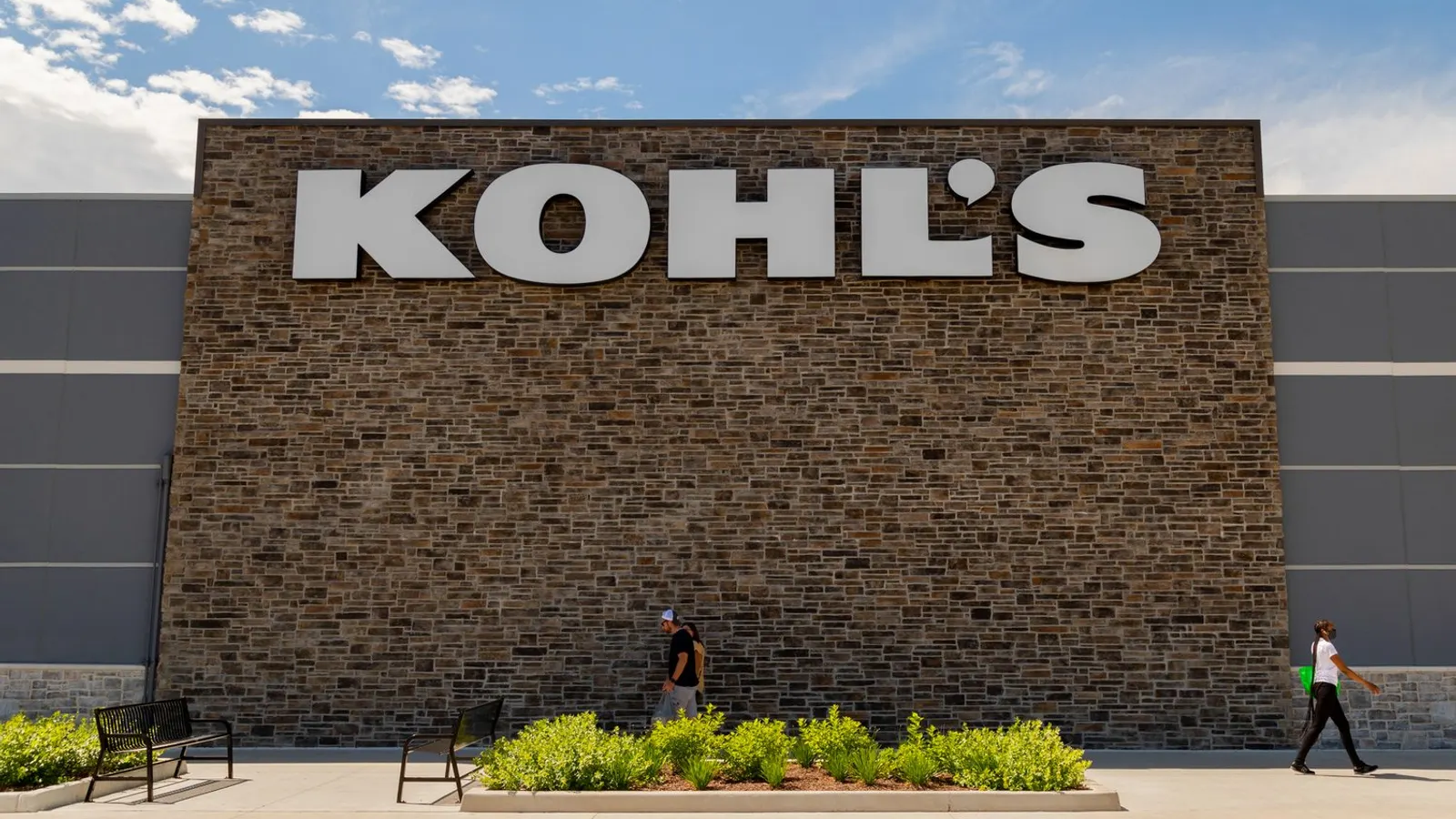Closure of the Ohio Fulfillment Center
Kohl’s recently announced the permanent closure of its e-commerce fulfillment center located in Monroe, Ohio, which will take effect on October 31. This decision has regrettably led to the layoff of 768 employees, with most workers set to conclude their employment on September 12. The decision stems from the company’s aim to enhance operational efficiency across its network.
Reasons Behind the Closure
The announcement of the Ohio facility’s closure was made in conjunction with a Worker Adjustment and Retraining Notification Act notice filed on June 5. The company attributed this shutdown to improvements in shipping efficiency at newer facilities, which allow an interactive fulfillment experience directly from stores. This tactic is increasingly common among retailers aiming to streamline logistics and reduce costs while overcoming the hurdles posed by heightened tariffs on imports. By focusing on locations that maximize efficiency, retailers like Kohl’s aim to adapt to the evolving marketplace.
Impact on Employment and Supply Chain
The corporate shuffle doesn’t just affect the local workforce; it has overarching implications for the supply chain as well. This closure shrinks Kohl’s supply chain footprint during a period of considerable challenges in the retail sector. The Monroe e-commerce center was one of 14 such facilities within Kohl’s operations and had been running since 2001.
Interim CEO, Michael J. Bender, acknowledged the difficulty of this choice, emphasizing the need for operational discipline and cost efficiency to ensure the company’s longevity. He indicated this step was crucial, not just for the immediate stakeholders, but as a strategic move to keep the business viable amidst competitive pressures.
Broader Trends in Retail Logistics
Kohl’s previously declared intentions to also shutter a similar e-commerce center in California around the expiration of its lease. These closures highlight a significant transition in the retail logistics landscape, where companies are increasingly relying on fewer and more advanced distribution centers to maintain responsiveness to consumer demand.
- Improving Fulfillment Efficiency: Focusing on the operational excellence of existing centers while mitigating excess capacity.
- Addressing Tariff Pressures: Adjusting inventory strategies to better manage the challenges posed by rising costs of imported goods.
- Investment in Technology: Engaging in supply chain tech advancements to facilitate higher demand fulfillment.
Changes Within the Company
Dynamic shifts are also occurring beyond the logistics side of things. The leadership transition occurred when Bender took the helm as interim CEO following Ashley Buchanan’s departure amid conflicts of interest. Amid layoffs and facility closures, Kohl’s announced an investment of $400 to $425 million scheduled for capital expenditures this year, with a portion earmarked for expanding its e-commerce fulfillment center in Indiana. This shows a commitment to evolving logistics models and staying responsive to market demands.
What This Means for Logistics
The closures present a crucial challenge for logistics operations. As companies like Kohl’s consolidate their networks, the ability to maintain robust distribution channels becomes paramount. Efficient shipping, timely deliveries, and maintaining consumer satisfaction hinge on the operational capabilities of these remaining facilities. The trend underscores the critical nature of logistics and supply chain management, particularly amid a landscape ripe with unpredictability.
Logistics Implications
In the retail sector, the push for efficiency has significant implications for the logistics landscape. As logistics professionals scramble to adapt to these changes, they’ll need to focus on optimizing the remaining fulfillment centers while nurturing relationships with innovative transportation solutions. This could involve logistics partners who can offer affordable global transport solutions—key players like GetTransport.com can play an important role in supporting operations as businesses navigate these turbulent waters.
Summary
The potential ripple effect of Kohl’s closure in Ohio illustrates the growing necessity for companies to optimize their logistics systems to remain competitive. The ongoing adjustments in their operational strategies reflect the need for continuous adaptation in an evolving marketplace. As global trends continue to shape the logistics framework, awareness and agility are essential for retailers looking to thrive.
In conclusion, while external reviews and reports provide valuable insights, nothing beats firsthand experience. On GetTransport.com, you can find reliable and cost-effective solutions for your cargo transportation needs. The platform offers unparalleled convenience and a breadth of options tailored to your logistics requirements without the hassle of excess expenses. Start planning your next delivery and secure your cargo with GetTransport.com!

